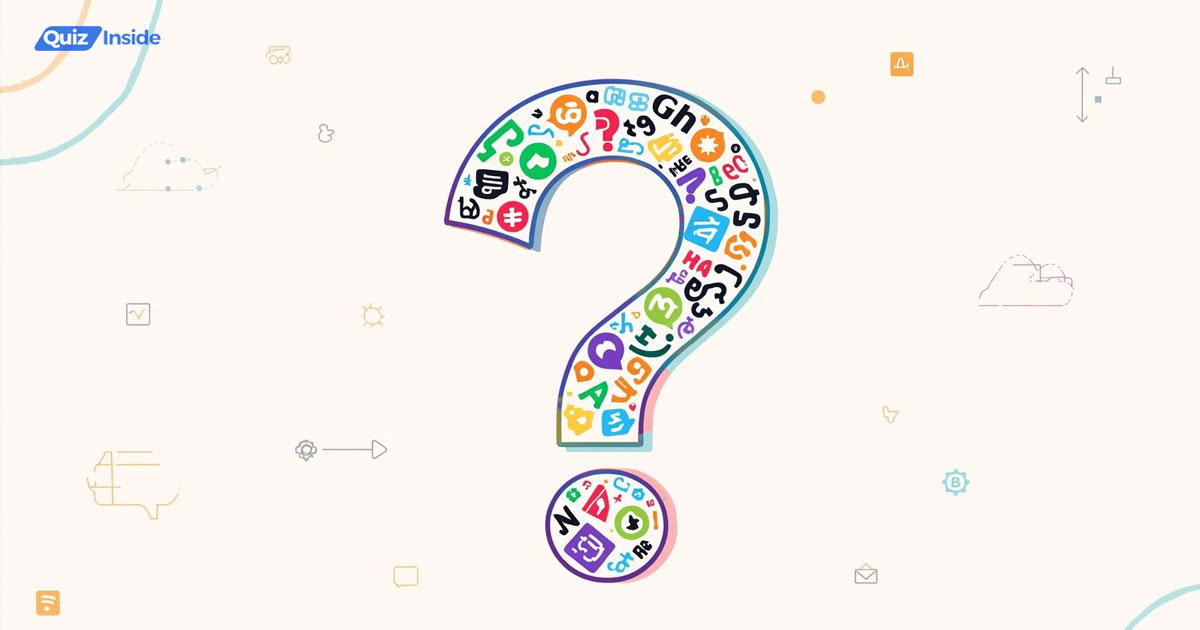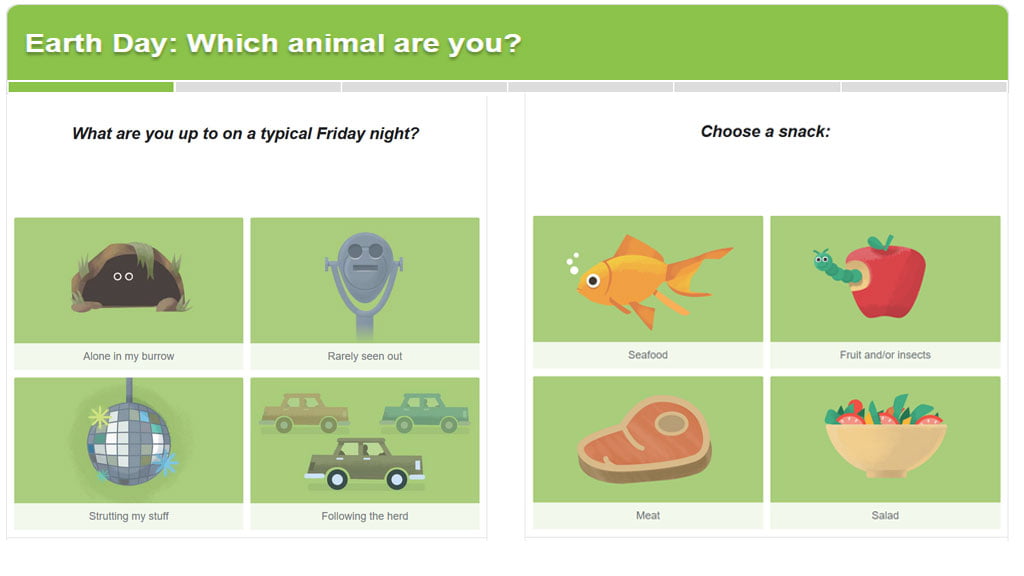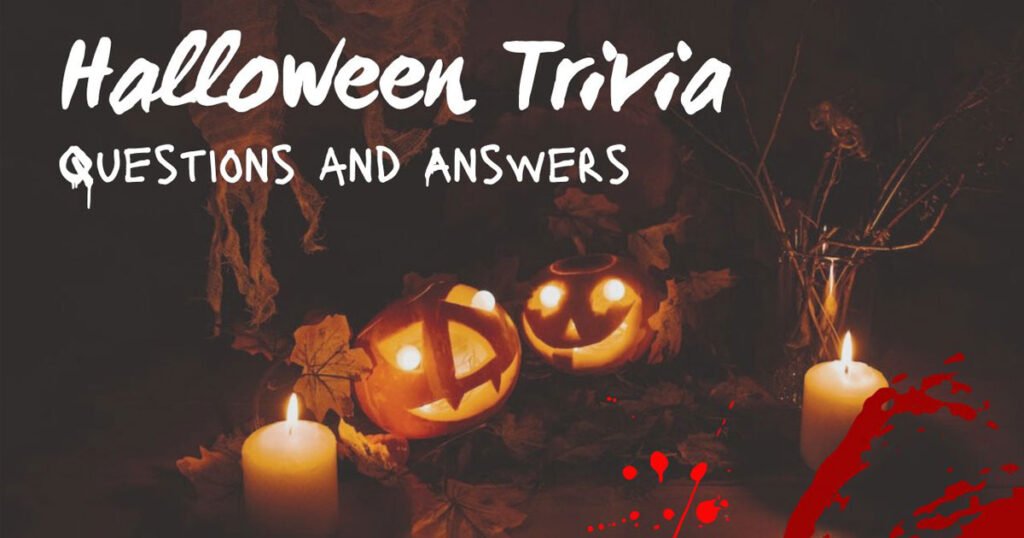Language trivia quizzes are an engaging way to test your knowledge of grammar, vocabulary, etymology, and world languages while learning fun facts.
Introduction
Language is the foundation of human communication. Across the globe, over 7,000 languages exist, each with its own unique rules, sounds, and history. Learning about language through trivia can be both entertaining and educational, allowing individuals to explore new words, grammar rules, and linguistic curiosities. Language trivia questions stimulate the mind, encourage learning, and make the study of linguistics more approachable.
In this article, we will explore various aspects of language through carefully curated trivia questions. These questions range from general knowledge about languages, grammar, and etymology to intriguing facts about dialects and famous linguistic phenomena. By the end of this article, you will not only enjoy testing their knowledge but also gain a deeper understanding of the complexity.
Why Language Trivia Is Important
Language trivia is not merely about asking questions for fun; it serves several educational and cognitive purposes:
-
Enhances Vocabulary: Trivia questions often introduce unusual or archaic words.
-
Promotes Cultural Awareness: Learning about different languages exposes people to diverse cultures.
-
Encourages Critical Thinking: Some questions require logical reasoning or pattern recognition.
-
Improves Memory: Remembering language facts strengthens cognitive memory functions.
-
Fosters Curiosity: Trivia encourages learners to explore topics beyond conventional study methods.
By integrating these elements, language trivia offers more than just amusement—it becomes a tool for intellectual development.
Language Trivia Questions And Answers

History of Languages
Languages have been around for thousands of years, shaping culture and communication. This section explores the origins and history of languages.
Q: What is considered the world’s oldest written language?
A: Sumerian
Q: Which ancient language is the root of many European languages?
A: Latin
Q: What is the language of the ancient Egyptian hieroglyphs?
A: Egyptian
Q: Which ancient language gave rise to Sanskrit, Greek, and Latin?
A: Proto-Indo-European
Q: What language were the Dead Sea Scrolls primarily written in?
A: Hebrew
Q: Which civilization first used cuneiform writing?
A: The Sumerians
Q: What is the origin language of the word “democracy”?
A: Greek
Q: Which ancient empire spread Aramaic as a common language?
A: The Persian Empire
Q: Which ancient language was used in the Rosetta Stone?
A: Egyptian (hieroglyphic, Demotic, and Greek)
Q: What is the sacred language of Hindu scriptures?
A: Sanskrit
World’s Most Spoken Languages
Millions of people speak thousands of languages today. This section looks at the most widely spoken ones around the globe.
Q: What is the most spoken native language in the world?
A: Mandarin Chinese
Q: Which language has the most total speakers worldwide?
A: English
Q: What is the most spoken language in Africa?
A: Swahili
Q: Which country has the highest number of Spanish speakers?
A: Mexico
Q: What is the official language of Brazil?
A: Portuguese
Q: Which language has the most official country recognitions?
A: English
Q: Which Asian country has Hindi as one of its official languages?
A: India
Q: What is the most spoken language family in the world?
A: Indo-European
Q: Which language is spoken in both Europe and South America widely?
A: Portuguese
Q: What is the fastest-growing language in the United States?
A: Spanish
Language Families
Languages are grouped into families based on their origins. This section explores language classifications.
Q: Which language family does English belong to?
A: Germanic
Q: Which family does Arabic belong to?
A: Afro-Asiatic
Q: Which family includes Mandarin Chinese?
A: Sino-Tibetan
Q: Which family does Swahili belong to?
A: Niger-Congo
Q: Which family includes Russian?
A: Slavic (Indo-European)
Q: What language family is Latin from?
A: Italic (Indo-European)
Q: Which language family dominates North Africa and the Middle East?
A: Afro-Asiatic
Q: Which family does Japanese belong to?
A: Japonic
Q: Which family does Korean belong to?
A: Koreanic
Q: Which family does Quechua (spoken in the Andes) belong to?
A: Quechuan
English Language Fun Facts
English is one of the most influential languages today. This section explores its quirks and trivia.
Q: What is the most commonly used letter in English?
A: E
Q: What is the least commonly used letter in English?
A: Z
Q: What is the longest word in the Oxford English Dictionary?
A: Pneumonoultramicroscopicsilicovolcanoconiosis
Q: What word is considered the shortest sentence in English?
A: “I am.”
Q: What is the only English word ending in “mt”?
A: Dreamt
Q: How many letters are in the modern English alphabet?
A: 26
Q: What is the most commonly spoken word in English?
A: The
Q: Which English word has the most definitions?
A: Set
Q: What does the word “alphabet” come from?
A: The Greek letters alpha and beta
Q: What was the first dictionary of English called?
A: A Table Alphabeticall (1604)
Writing Systems
Languages are recorded in scripts, alphabets, and symbols. This section looks at writing systems across the world.
Q: What writing system is used for Japanese?
A: Hiragana, Katakana, and Kanji
Q: Which script is used in Russian?
A: Cyrillic
Q: What script is used for Arabic?
A: Arabic script
Q: Which writing system is used in Korea?
A: Hangul
Q: What is the writing system of Hebrew?
A: Hebrew alphabet
Q: Which alphabet is used in Greek?
A: Greek alphabet
Q: Which writing system is the basis for most Western languages?
A: Latin alphabet
Q: What script do Chinese characters belong to?
A: Logographic
Q: What script is used in Thai?
A: Thai script
Q: Which language uses the Ge’ez script?
A: Amharic (Ethiopia)
Language and Culture
Language reflects culture and traditions. This section highlights cultural connections through language.
Q: Which language is known as the “language of love”?
A: French
Q: Which language is considered the international language of diplomacy?
A: French
Q: What language is used in the Olympic Games announcements?
A: English and French
Q: What language is associated with opera and classical music?
A: Italian
Q: What language is used in yoga chants like “Om”?
A: Sanskrit
Q: Which country has 11 official languages?
A: South Africa
Q: Which language gave us words like “karaoke” and “tsunami”?
A: Japanese
Q: Which language is famous for its long compound words?
A: German
Q: Which language inspired words like “kangaroo” and “boomerang”?
A: Aboriginal Australian languages
Q: Which language is central to Islamic prayers?
A: Arabic
Language Learning
Learning a language is challenging but rewarding. This section covers trivia about studying languages.
Q: What is the most studied foreign language in the world?
A: English
Q: What is the most studied foreign language in the U.S.?
A: Spanish
Q: What is the most studied foreign language in Europe?
A: English
Q: What language learning app popularized gamification?
A: Duolingo
Q: What is a polyglot?
A: A person who speaks multiple languages
Q: What is bilingualism?
A: The ability to speak two languages fluently
Q: What is the hardest language for English speakers to learn, according to linguists?
A: Mandarin Chinese
Q: What is the easiest Romance language for English speakers to learn?
A: Spanish
Q: What is immersion learning?
A: Learning a language by surrounding oneself with it in daily life
Q: What is code-switching?
A: Alternating between two languages in conversation
Famous Linguists and Language Figures
Many scholars shaped our understanding of languages. This section highlights them.
Q: Who is considered the “Father of Modern Linguistics”?
A: Ferdinand de Saussure
Q: Who developed the International Phonetic Alphabet (IPA)?
A: Paul Passy and the International Phonetic Association
Q: Who wrote The Elements of Style for English grammar?
A: William Strunk Jr. and E.B. White
Q: Who is the famous linguist behind “universal grammar”?
A: Noam Chomsky
Q: Who deciphered Egyptian hieroglyphs?
A: Jean-François Champollion
Q: Who created Esperanto?
A: L. L. Zamenhof
Q: Who is the author of Oxford English Dictionary?
A: James Murray (chief editor)
Q: Who is the linguist known for language acquisition theory?
A: Stephen Krashen
Q: Who is known as the “Father of Comparative Linguistics”?
A: Franz Bopp
Q: Who developed theories about child language development?
A: Jean Piaget
Lost and Endangered Languages
Languages die out over time, but many efforts preserve them. This section explores lost and endangered languages.
Q: What is a dead language?
A: A language no longer spoken as a native tongue
Q: What is the most famous dead language in Europe?
A: Latin
Q: Which language family does Old English belong to?
A: Germanic
Q: Which ancient language of Mesopotamia is extinct?
A: Akkadian
Q: What is the endangered Celtic language spoken in Wales?
A: Welsh
Q: What endangered language is native to Hawaii?
A: Hawaiian
Q: Which Native American language was used as a secret code in WWII?
A: Navajo
Q: Which Irish language is still taught in schools today?
A: Gaelic (Irish)
Q: Which island nation revived Hebrew as a spoken language?
A: Israel
Q: What is the United Nations organization that tracks endangered languages?
A: UNESCO
Fun and Strange Language Facts
Languages are full of surprises! This section covers unusual and fun facts about the world of languages.
Q: What is the only country with no official language?
A: The United States
Q: What is the only UN official language not of European origin?
A: Arabic
Q: What language has no word for “please”?
A: Russian
Q: What is the only language written right to left and left to right historically?
A: Ancient Greek (boustrophedon style)
Q: Which language has the most words in its dictionary?
A: English
Q: Which language has only 13 letters in its alphabet?
A: Hawaiian
Q: Which constructed language was designed for global communication?
A: Esperanto
Q: Which language is considered tonal, meaning pitch changes meaning?
A: Mandarin Chinese
Q: What language has the most tenses?
A: Spanish
Q: What language has no past or future tense?
A: Hopi
Q: Which language is considered the hardest to translate into English?
A: Icelandic
Types of Language Trivia Questions
Language trivia can be divided into several categories. Each category challenges a different aspect of linguistic knowledge:
| Category | Focus Area | Example Question |
|---|---|---|
| Vocabulary | Meaning, synonyms, antonyms | What is the meaning of the word “petrichor”? |
| Grammar | Syntax, tenses, punctuation | Which is the correct sentence: “She don’t like it” or “She doesn’t like it”? |
| Etymology | Word origins | What is the origin of the word “alphabet”? |
| Idioms & Phrases | Common expressions | What does the phrase “break the ice” mean? |
| Languages of the World | General language facts | Which language has the most native speakers? |
| Famous Linguists & Literature | Contributions to language | Who wrote “The Elements of Style”? |
This table provides a clear roadmap for understanding what language trivia can encompass. Each category encourages exploration of specific linguistic knowledge.
FAQs About Language Trivia Questions
Q1: Which language has the most native speakers?
A: Mandarin Chinese
Q2: What is the study of words called?
A: Lexicology
Q3: Which English word has the most definitions in the dictionary?
A: Set
Q4: What is the term for a word that reads the same backward and forward?
A: Palindrome
Q5: Which punctuation mark is used to indicate possession?
A: Apostrophe (’)
Q6: Which language uses Cyrillic script?
A: Russian
Q7: What is a sentence without a verb called?
A: Fragment
Q8: Which language has the largest number of alphabets?
A: Khmer (Cambodian)
Q9: What does the idiom “burn the midnight oil” mean?
A: To work late into the night
Q10: Which linguist created the first systematic description of Sanskrit grammar?
A: Panini
Conclusion
Language trivia is more than just fun—it is a tool for learning, critical thinking, and cultural appreciation. From vocabulary and grammar to idioms, etymology, and global language facts, trivia questions offer a diverse and stimulating approach to understanding human communication. Regularly engaging with language trivia can improve comprehension, enhance cognitive skills, and make learning enjoyable.
By exploring different categories and creating personalized quizzes, language enthusiasts can continuously challenge themselves while expanding their knowledge of the fascinating world of languages.



